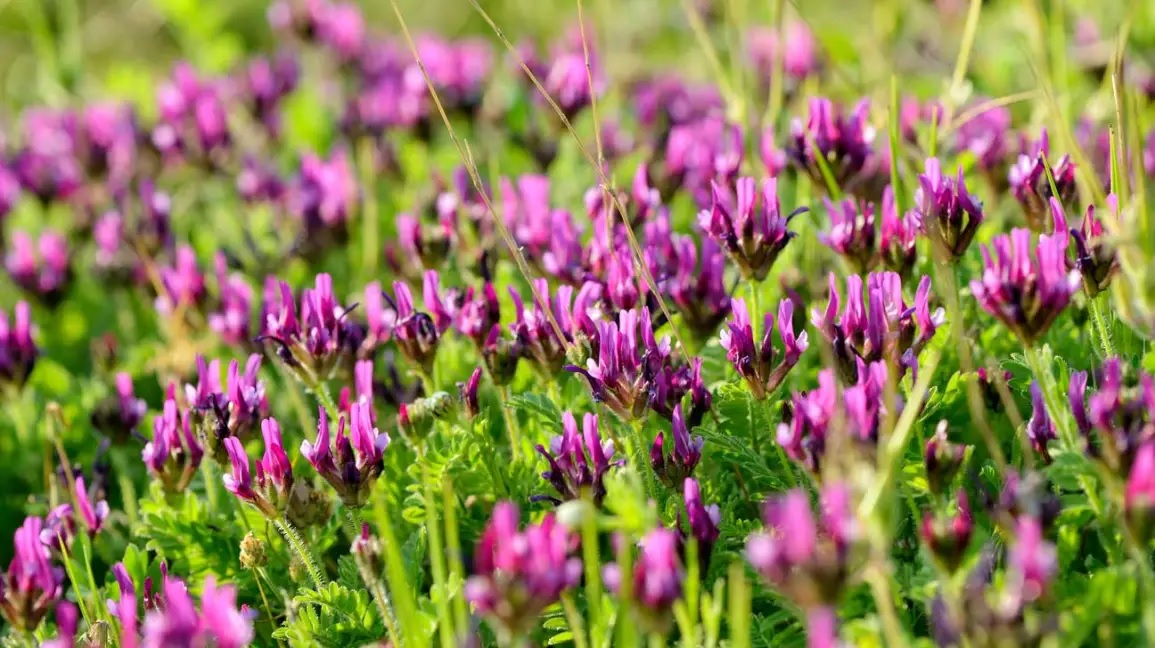Astragalus and Numerous Health Benefits

By Chisom Ibemere
Astragalus is a genus of herbs commonly known as milkvetch comprising of over 2,000 species. Astragalus membranaceus, which is native to Asia is said to be the most commonly used species in traditional medicine is
It has been in existence and used for thousands of years in traditional Chinese medicine (TCM) for its immune-boosting and longevity-enhancing properties. Astragalus root is often consumed in teas, capsules, tinctures, and extracts.
Astragalus is known for its ability to stimulate the immune system by increasing the production of white blood cells, which help the body fight off infections. It contains saponins and polysaccharides, which help reduce inflammation in the body, making it beneficial for conditions like arthritis and inflammatory bowel disease.
Astragalus has been shown to improve heart function, reduce blood pressure, and protect against heart disease by reducing oxidative stress and improving circulation. The antioxidants in astragalus help neutralize free radicals, reducing the risk of chronic diseases such as cancer and slowing down the aging process.
Astragalus is often used to combat fatigue and improve energy levels by supporting adrenal function and improving the body’s resistance to stress. It is used in traditional medicine to support kidney health by improving blood flow to the kidneys and reducing proteinuria (excess protein in the urine), which is a common sign of kidney disease.
Astragalus has been shown to help lower blood sugar levels and improve insulin sensitivity, making it beneficial for people with type 2 diabetes. The saponins and other compounds in astragalus promote tissue regeneration and improve blood circulation, helping wounds heal faster.
Astragalus is used to treat respiratory infections like the common cold, bronchitis, and asthma by boosting the immune system and reducing inflammation in the airways. It may have anti-cancer properties, as it can inhibit the growth of certain tumors and enhance the effectiveness of chemotherapy. The antioxidants found in astragalus root help you combat disease and aging due to free radical damage.
Astragalus is generally safe for most people, but it can interact with certain medications, such as immunosuppressants, and may not be suitable for people with autoimmune diseases. Pregnant or breastfeeding women should consult a healthcare provider before using astragalus.
